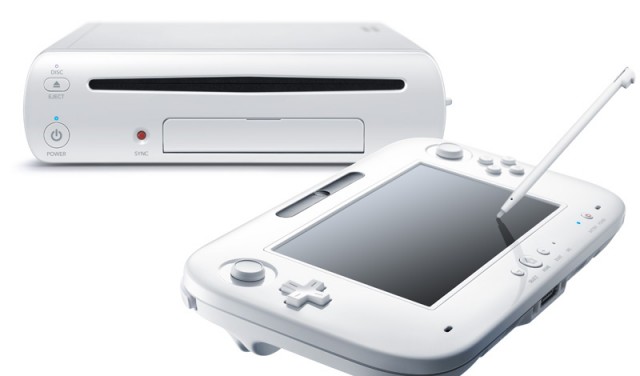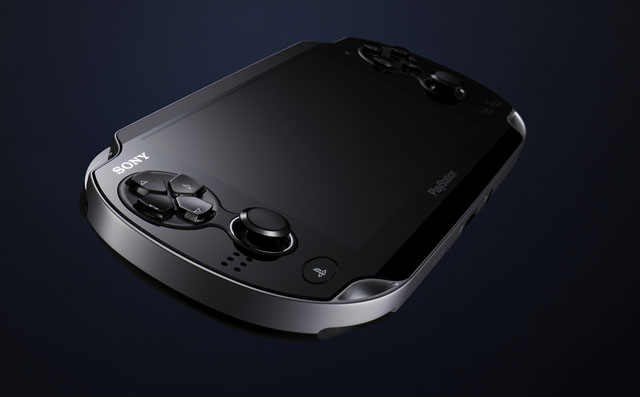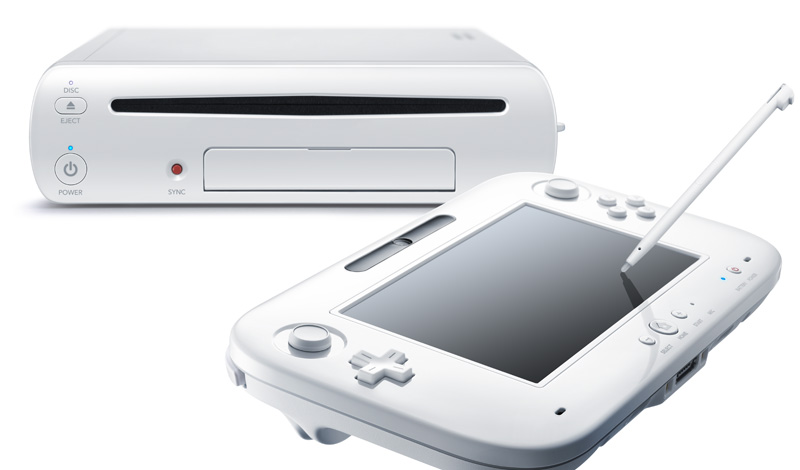
This is the future of home entertainment.
“Whoa, reel it back in, fanboy!”
Wait, hear me out. This isn’t necessarily about the Wii U. Rather, this is about the idea that home entertainment is shifting to smaller, mobile, media devices, and that gaming should be right there at the forefront. The Wii U isn’t the first consumer device to do this — by the time it arrives the iPad will have had it beat by over a year already — but, it IS the first gaming-specific one. And from what we saw at E3, it works brilliantly.
The traditional thing to say when first seeing a Nintendo console is: “What a crazy gimmick! That’ll never work! Who will ever want that?” But what Nintendo does — be an emerging user-interface technology leader — is encourage other companies to improve upon the idea. Without the Wii there would have been no Kinect. Without the N64 trident, the Dualshock would never have been born. Without the NES’s gamepad, we’d still be playing games with joysticks. Nintendo leads by example, even at the cost of falling behind in other respects (no HD for the Wii, still lacking a relevant online network). With the unveiling of the Wii U, the company again took a huge leap of faith to unveil a device that is at the front of an industry that plays catch-up all the time, suffering a massive sales decline over the last two years because of it.
Is the Wii U going to be the ultimate home gaming console for the world? Probably not. There are plenty of issues with it (which we’ll get to in a later post). But, it will usher in the next home gaming era, one in which mobile and console merge at unprecedented levels.

Apple’s latest iteration of its operating system, iOS5, will allow for this to already take place. In Real Racing 2, use your iPad 2 to control a car on screen, view a race map, and keep track of the racers around you. Wirelessly. Sound familiar? The same will undoubtedly go for more games. Wouldn’t Madden 12 be great this way? How about card and board games, RPGs where the items and maps will be displayed on your iPhone, or FPSes that allow for tactical deployment of troops via touch screen? It all sounds possible now. Apps will be sure to follow, too. Netflix and Hulu are a given, but so might be music services like Pandora that will let you create playlists on the touch screen while the TV plays a music video.
It’s all within reach.
Nintendo’s advantage is that they have processing power that is presumed to be more powerful that the Playstation 3, which the iPad won’t come close to having for a couple more iterations at the very least. They also have price, if they can keep it down to under $400. The iPad 2 + Apple TV combination starts at a hefty $600, granted there are many more apps available with the iPad 2 than there might ever be with the Wii U. Nintendo has Mario. And Zelda, Pokemon, Pikmin, and Shigeru Miyamoto to design them all. Nintendo also has a stockpile of peripherals that will work with the new device, easily leading original Wii buyers into the Wii U.

It’s safe to say that Microsoft and Sony will follow suit, sooner rather than later. It would not surprise us to see the Vita have connectivity with the Playstation 3 (it certainly has the precedence), perhaps even tying in Android devices via the Playstation Suite. Microsoft’s upcoming Windows 8 and Windows Phone 7 Mango are vastly improved operating systems that preach connectivity over a network. And let’s not forget Kinect and Move. These will still be a part of experience. When the Xbox Next and PS4 are revealed in the next couple of years, we can expect even more connectivity and interface options.
Whether we like it or not, the traditional controller has been replaced by an extended playing experience. Mobile gaming is bigger than ever, eclipsing console gaming by a large margin thanks to iDevices and Android, tablets and social gaming. The Wii U aims to capture it all in one controller, but the technology will continue to evolve and improve with each new gaming console. It’s not killing the core experience. It’s changing it. Whether we’re along for the ride or not is up to us, but it won’t be going back to the old ways anytime soon, or maybe ever again.
In the end it’s better to be excited about what these innovations will bring rather than be upset at what they’re taking away.



No Comments